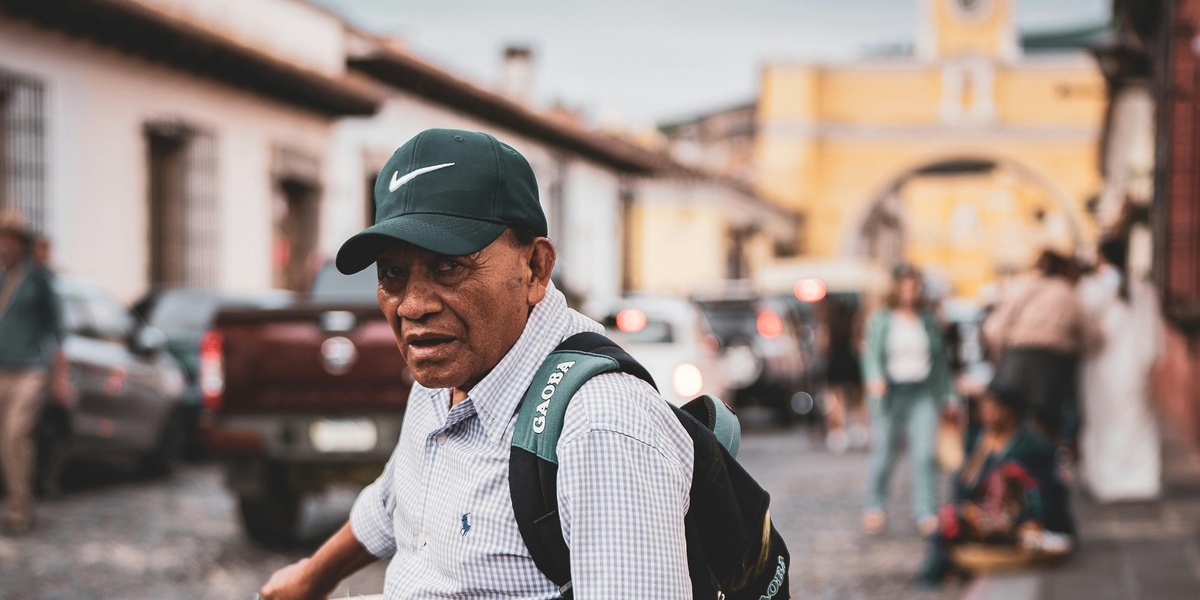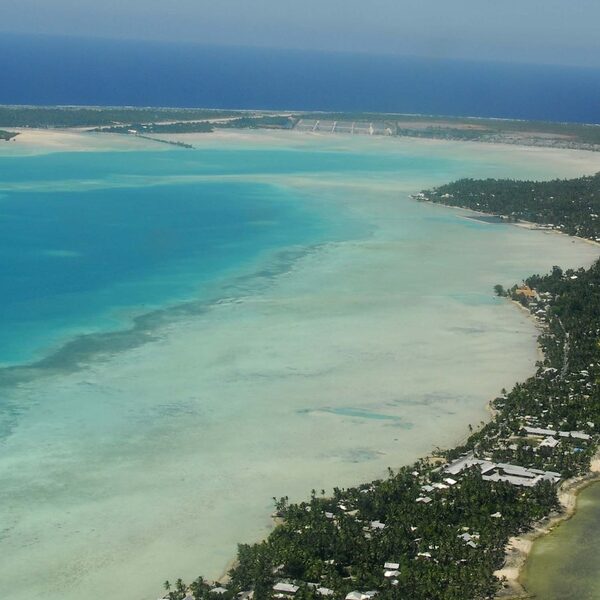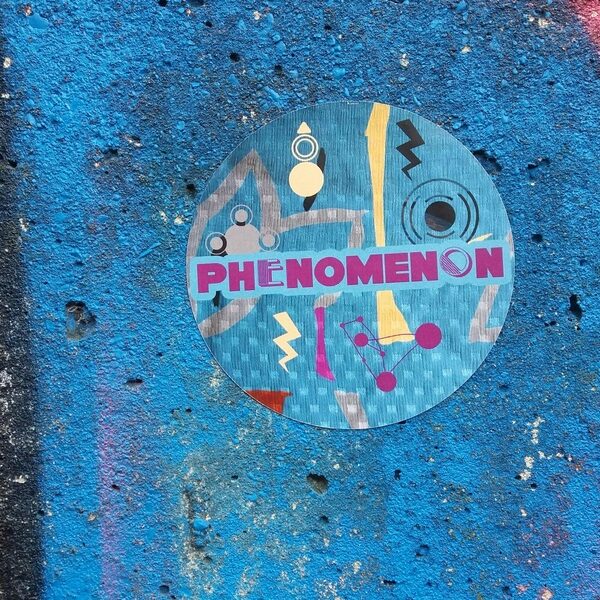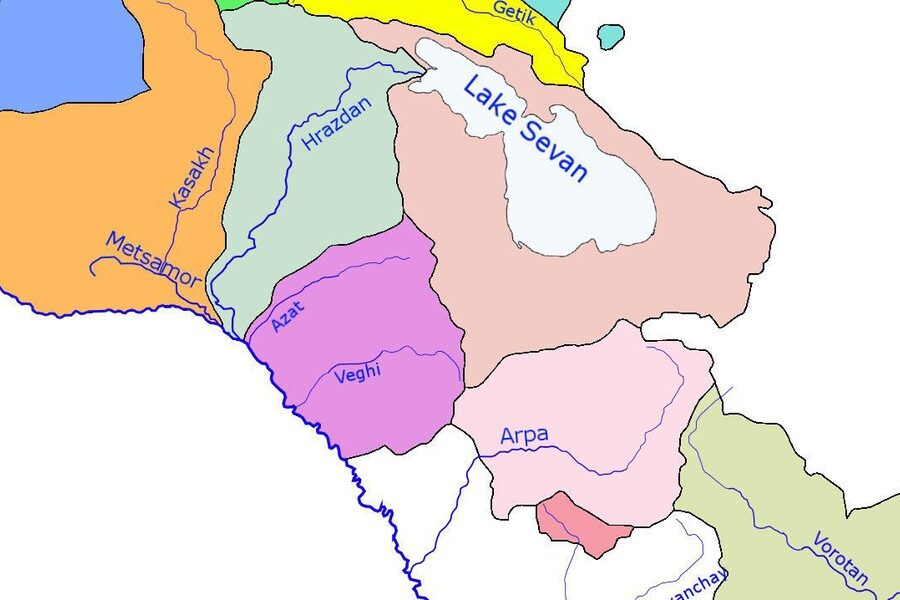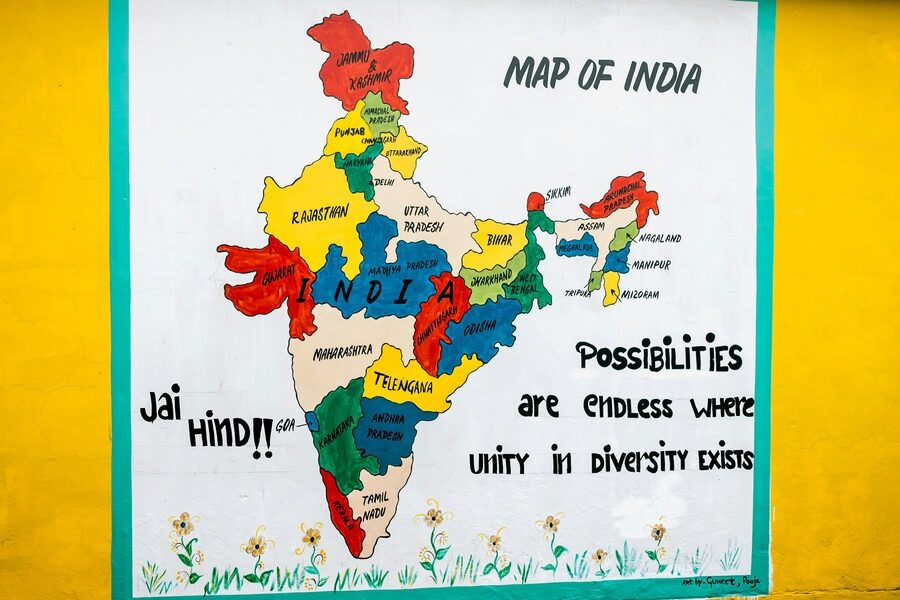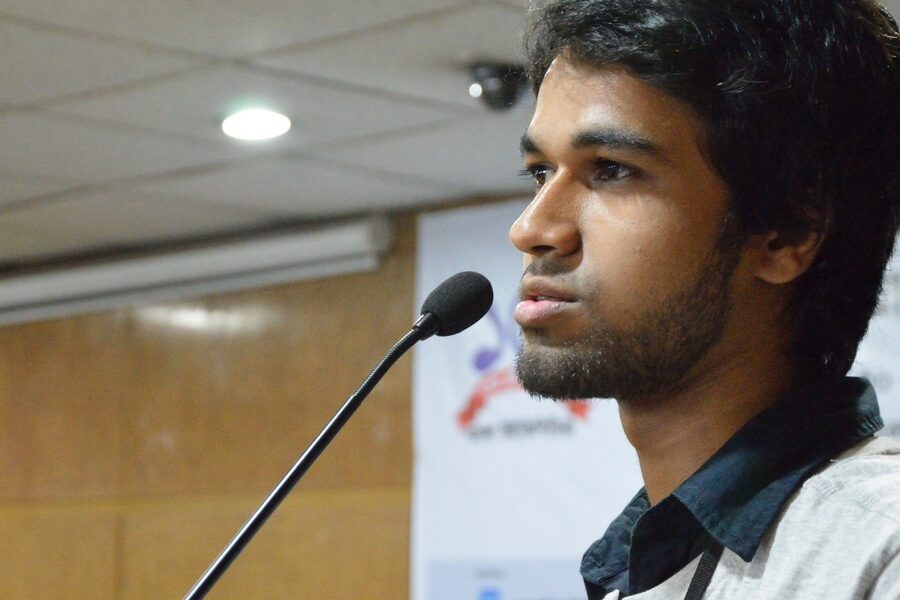The twin islands of Antigua and Barbuda have long been a crossroads of Caribbean history, with speech shaped by Indigenous, African and British influences. Local ways of talking vary by town and island, carrying clues about family, work and migration across generations.
There are 6 Dialects in Antigua and Barbuda, ranging from Antiguan Acrolect to St. John’s Urban Creole. To make comparisons clear, each entry below is organized with Region,Origin,Example phrase(s) so you can see where a dialect is spoken, how it developed, and a sample line of speech you’ll find below.
How different are these dialects from standard English?
Most varieties sit on a continuum with Standard English: some (like Acrolectal forms) are closer in grammar and vocabulary, while mesolectal and creole varieties have distinct grammar, pronunciation and idioms. Listening and context help—many speakers shift toward or away from creole features depending on setting.
Can a visitor understand and use these dialects when staying on the islands?
Yes, visitors will generally be understood using Standard English, but learning a few local phrases from the Example phrase(s) column shows respect and makes interactions smoother; speakers appreciate attempts to use local turns of phrase and may switch to more familiar forms in response.
Dialects in Antigua and Barbuda
| Name | Region | Origin | Example phrase(s) |
|---|---|---|---|
| Antiguan Creole | Antigua (widespread) | 17th-century English dialects met West African languages during the transatlantic slave trade. | Ah wha gwaan?,Me nah know weh e go. |
| Barbudan Creole | Barbuda | Developed with Antiguan Creole but shaped by Barbuda’s relative isolation and land tenure system. | How you doin’?,Leh we go down beach. |
| Broad Creole | Antigua (mainly rural/older speakers) | Represents the deepest, most African-influenced forms of Creole from the plantation era. | A wah mek yu do dat?,E ben de ya. |
| Antiguan Acrolect | Antigua & Barbuda (formal settings) | An adaptation of Standard English shaped by the British colonial educational and administrative system. | What is the problem?,I do not know where she went. |
| St. John’s Urban Creole | St. John’s, Antigua (urban) | Evolved in the capital with more exposure to tourism, migration, and international media. | Wha de scene?,Everything bless. |
| Antiguan Rasta Talk | Antigua & Barbuda (Rastafarian communities) | A local adaptation of Jamaican Rastafarian speech, fused with Antiguan Creole grammar and phonology. | I and I a go check de I-dren,Seen, everyting irie. |
Images and Descriptions
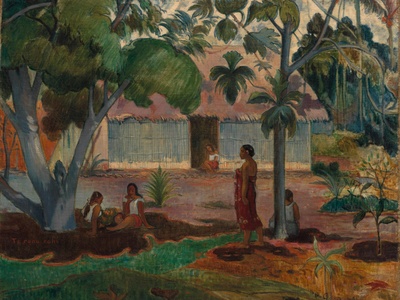
Antiguan Creole
The everyday mesolectal speech for most Antiguans, blending Creole grammar with Standard English vocabulary. It’s the common language used in markets, on the street, and among friends, varying in form depending on the social situation.

Barbudan Creole
Spoken exclusively on Barbuda, this variety is fully intelligible with Antiguan but has a distinct accent, often described as a “twang” or “drawl.” It features some unique vocabulary and a more relaxed intonation pattern than its Antiguan counterpart.

Broad Creole
The basilectal variety, furthest from Standard English in grammar and phonology. Often spoken by older generations in rural villages, it’s considered the most “authentic” Creole but is less common in urban or formal settings.

Antiguan Acrolect
The variety closest to Standard English, used in government, media, and schools. While grammatically standard, it retains a distinct local accent and intonation, making it audibly Antiguan and different from other international Englishes.
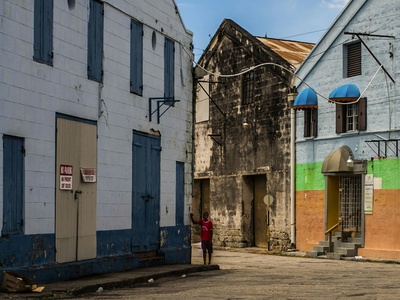
St. John’s Urban Creole
A dynamic mesolectal variety spoken in the capital city. It often incorporates more recent slang from American and Jamaican media while still being fundamentally Antiguan. It’s typically faster-paced and more code-switched than some rural varieties.

Antiguan Rasta Talk
A sociolect used by Rastafarians to express cultural and spiritual identity. It is characterized by unique “I-words” (like ‘I and I’), a specific lexicon, and a philosophical framing of language layered on top of Antiguan Creole.

